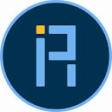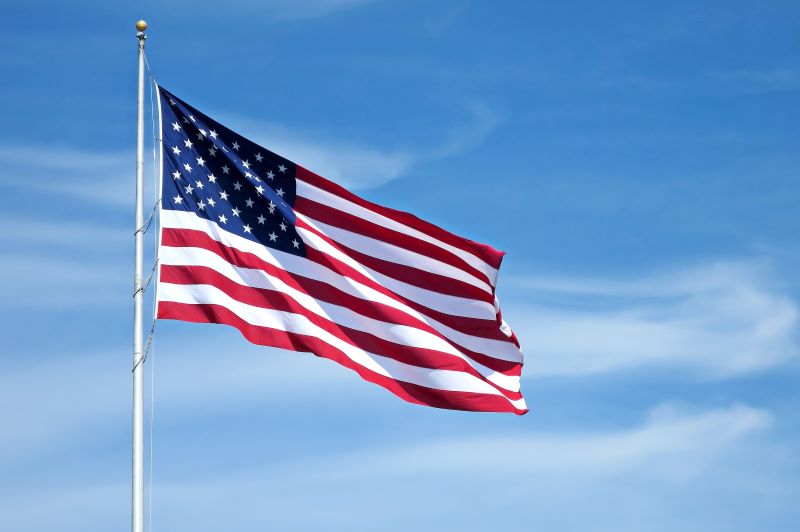IARPA announces Functional Map of the World scoring process, data sets
 The Intelligence Advanced Research Projects Activity, within the Office of the Director of National Intelligence, announces its scoring process for its Functional Map of the World—“fMoW”—Challenge. Participants from around the world are invited to develop automated techniques to accurately detect and categorize points of interest from satellite imagery. Participants are scored based on their ability to correctly categorize portions of satellite images. Submissions are scored automatically and independently evaluated for accuracy.
The Intelligence Advanced Research Projects Activity, within the Office of the Director of National Intelligence, announces its scoring process for its Functional Map of the World—“fMoW”—Challenge. Participants from around the world are invited to develop automated techniques to accurately detect and categorize points of interest from satellite imagery. Participants are scored based on their ability to correctly categorize portions of satellite images. Submissions are scored automatically and independently evaluated for accuracy.
IARPA is also releasing one of the largest satellite imagery data sets that participants from around the world will use to train, validate, and test their solutions. The release of such annotated satellite imagery provides the participants unique access to develop algorithms. These algorithms could benefit intelligence analysts, policy makers, and first responders around the world who rely on geospatial land use data to inform crucial decisions about global defense and humanitarian activities.
“The algorithms created through this challenge may be trained on additional structures and facilities that are relevant to humanitarian efforts as the unique needs of each effort arises,” said Dr. Hakjae Kim, IARPA Program Manager. “Additionally, the algorithms will be able to help identify building and land use of areas that are yet to be documented.”
“We are hoping to introduce opportunities for the geospatial and machine learning communities to integrate their approaches and increase the exposure to the scientific gains that could be made by combining these two disciplines. The release of this data set will stimulate further research and learning throughout the computer vision community to include hobbyists, academia, and industry. The availability of the data will enable development of solutions by those who don’t have easy access to this type of annotated data,” remarked IARPA spokesperson, Charles Carithers.
The Challenge is now scoring and participants can submit solutions through December 31, 2017. Throughout the Challenge, an online leaderboard will display solvers’ rankings and accomplishments, and progress prizes will be awarded throughout the challenge. This gives solvers multiple opportunities to have their work viewed and appreciated by stakeholders from industry, government, and academic communities. Solvers with the most accurate and complete solutions will be eligible to win cash prizes from a total prize purse of $100,000.
Source: IARPA







